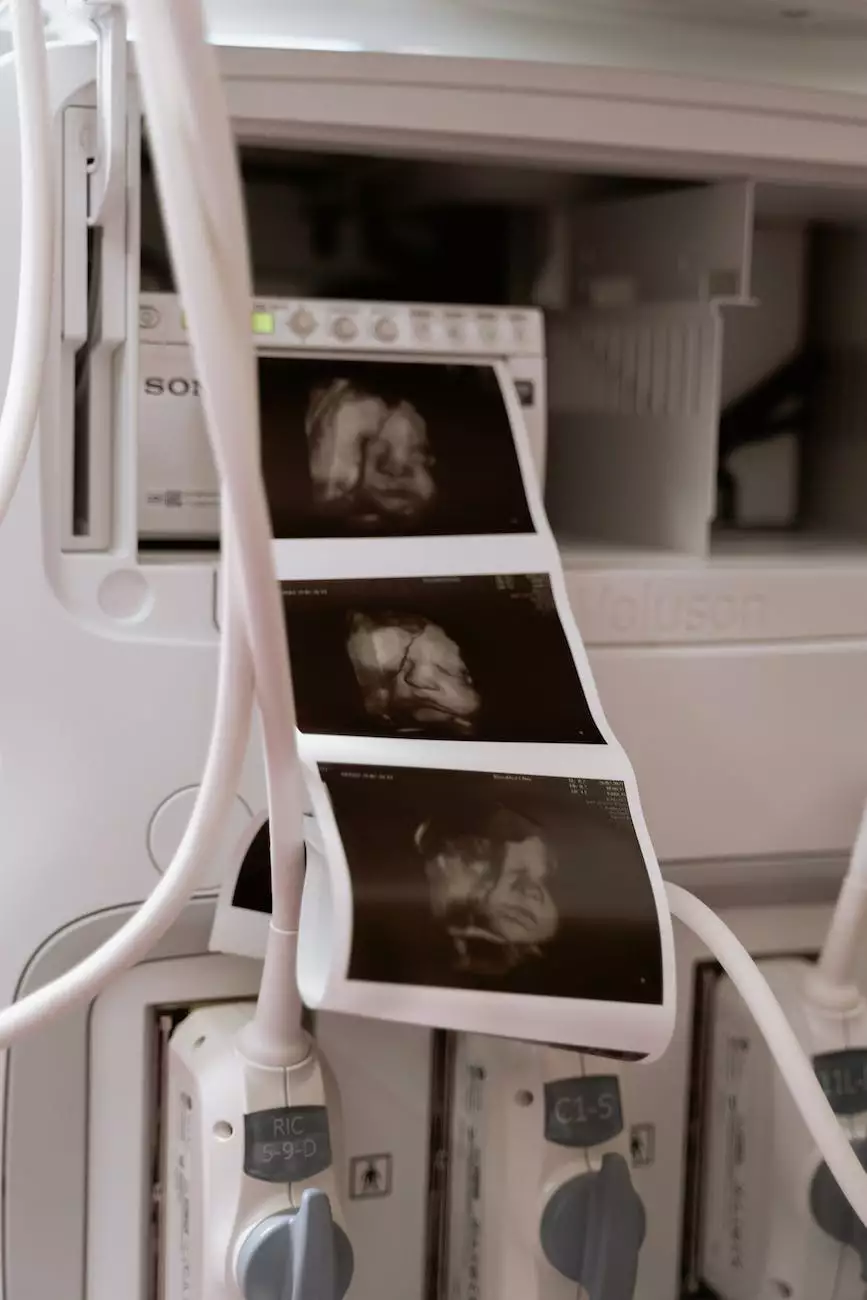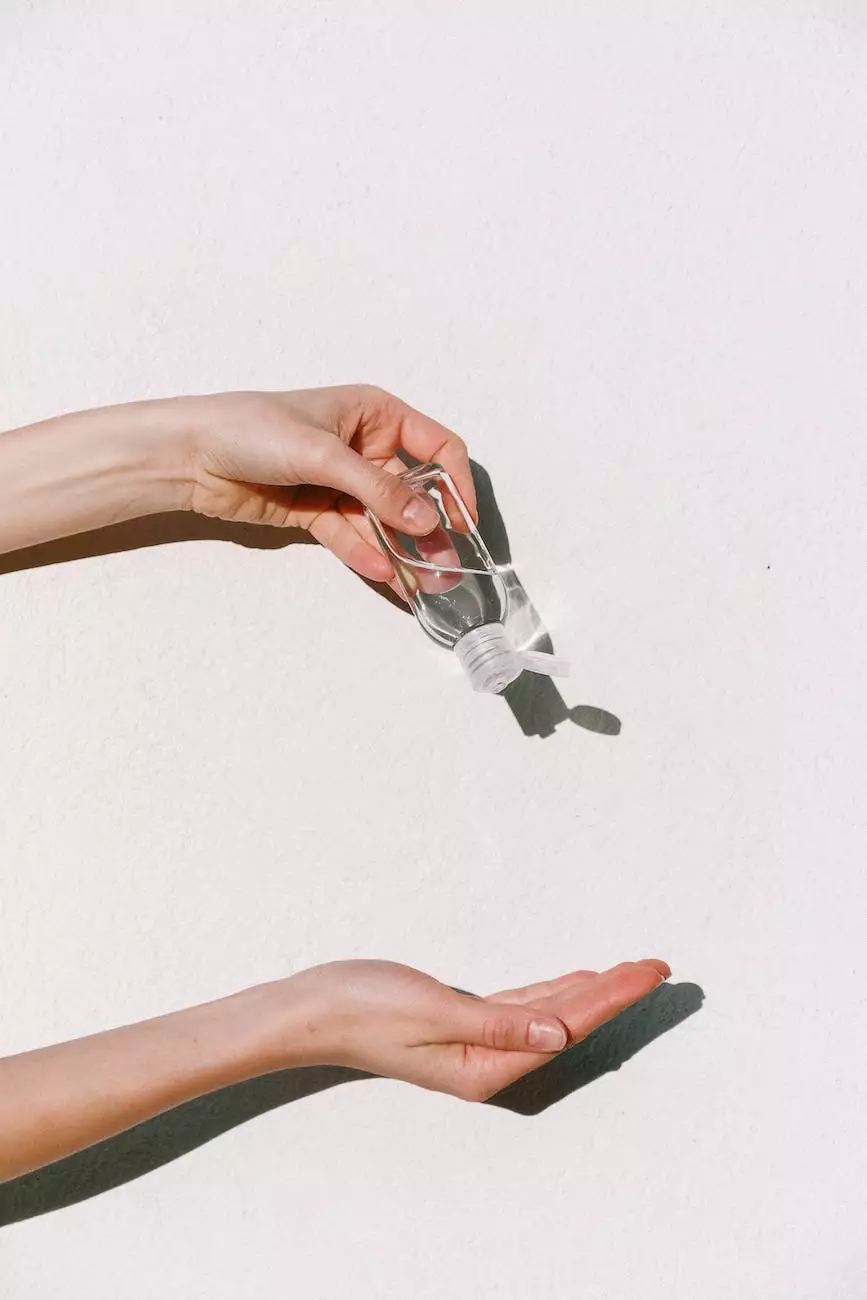In bed with COVID? You need to get up
Health Equity
Introduction
As the COVID-19 pandemic continues to impact our lives, it's crucial to understand the importance of staying active and taking action, even if you're feeling unwell. At Norton Community Medical Associates, we strive to provide valuable insights and tips to help individuals recover from COVID-19 and maintain good health.
The Importance of Getting up and Taking Action
When you're sick in bed with COVID-19, it can be tempting to stay immobile and rest until you feel better. However, research suggests that staying active, within your limits, can play a significant role in your recovery. Here's why you need to get up:
1. Boosting Circulation
Moving your body, even if it's just gentle stretching or walking around your home, helps increase blood circulation. Improved blood flow can enhance the delivery of oxygen and nutrients to your organs and tissues, aiding in your recovery process.
2. Preventing Muscle Weakness
Extended periods of bed rest can lead to muscle wasting and weakness. By engaging in light exercises, you can maintain muscle strength and prevent the risk of muscle loss. Consult with a healthcare professional to determine appropriate exercises for your condition.
3. Enhancing Lung Function
COVID-19 primarily affects the respiratory system, and in severe cases, it can lead to breathing difficulties. Physical activity, such as deep breathing exercises and gentle cardio, can help improve lung function and capacity, facilitating a smoother recovery.
4. Supporting Mental Well-being
Being confined to bed can take a toll on your mental health. Engaging in light activities can provide a sense of purpose, reduce feelings of isolation, and improve your overall mood. Remember to listen to your body and rest when needed, finding a balance between physical and mental well-being.
Helpful Tips for Staying Active During COVID-19
1. Start Slow and Gradually Increase Activity
Begin with short sessions of light exercise, such as gentle stretching or walking for a few minutes at a time. Over time, gradually increase the duration and intensity of your physical activity. Always consult with a healthcare professional before starting any new exercise routine.
2. Listen to Your Body
Pay attention to how your body feels during and after physical activity. If you experience severe fatigue, dizziness, or increased shortness of breath, stop and rest. It's important to find a balance between staying active and allowing your body to heal.
3. Stay Hydrated
Drink plenty of fluids to support your overall health and recovery. Adequate hydration is essential for maintaining optimal bodily functions and helping your immune system combat the virus.
4. Follow Medical Advice
Always adhere to the guidance provided by your healthcare professional. They know your specific medical condition and can provide tailored advice regarding physical activity during your recovery from COVID-19.
5. Incorporate Mindfulness and Relaxation Techniques
Manage stress and improve your mental well-being by incorporating mindfulness and relaxation techniques into your daily routine. Deep breathing exercises, meditation, and gentle yoga can help promote calmness and reduce anxiety.
Conclusion
In bed with COVID? It's crucial to understand that staying active, within your limits, can contribute to a smoother recovery and overall well-being. Norton Community Medical Associates encourages individuals to get up, follow medical advice, and engage in light physical activity to support their journey towards good health. Remember, every step counts, no matter how small.




